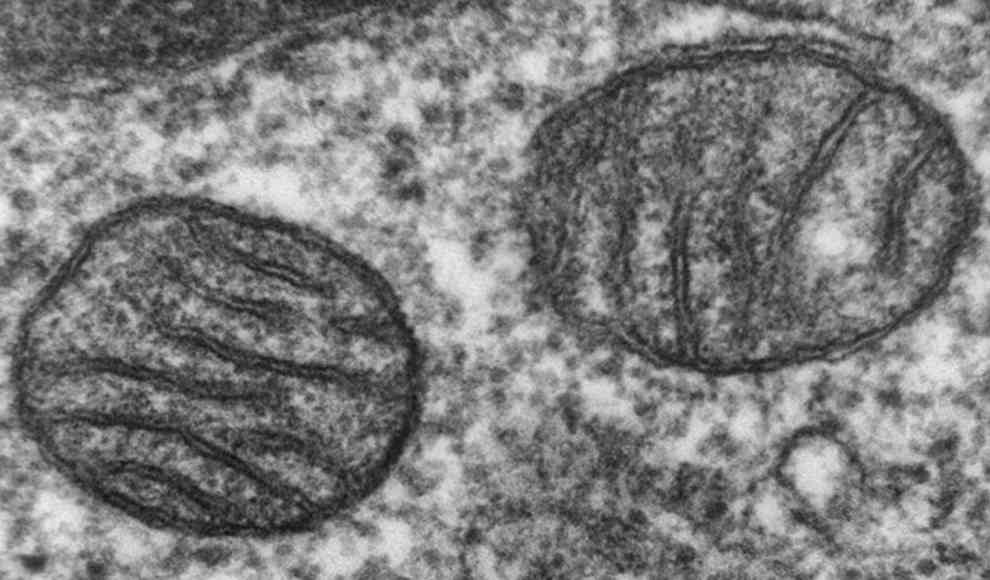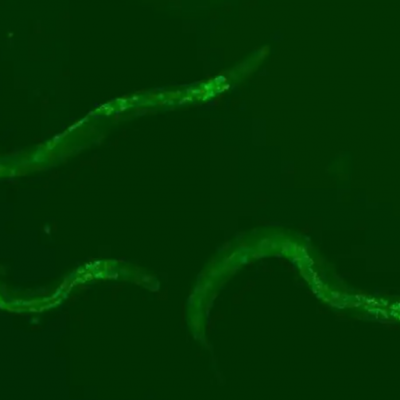In a groundbreaking discovery, researchers have found that under certain circumstances, paternal mitochondrial DNA can also be inherited. Until now, it was believed that only maternal mitochondrial DNA was passed down. Mitochondrial DNA is essentially the powerhouse of a cell, and while the nucleus of a cell contains equal amounts of genetic material from both parents, it was previously thought that mitochondrial DNA was exclusively inherited from the mother. However, a study conducted by Taosheng Huang and his colleagues at the Cincinnati Children’s Hospital Medical Center in Ohio has shown that paternal mitochondrial DNA can also be passed down in some cases.
The researchers used various methods to confirm that paternal DNA can occasionally make its way into the maternal egg cell. However, the molecular mechanisms responsible for this phenomenon have not yet been fully understood. The researchers speculate that certain genetic information may be turned off in these cases, which would normally result in the disposal of paternal mitochondrial DNA after fertilization. The implications of this discovery for future research are not yet clear, but it is certain that it will provide a powerful new tool for biologists.
This discovery challenges the long-held belief that only maternal mitochondrial DNA is inherited, and it opens up new avenues for research into the role of paternal mitochondrial DNA. While the full implications of this discovery are not yet known, it is clear that it will have a significant impact on the field of biology. As researchers continue to explore the role of paternal mitochondrial DNA, it is likely that new discoveries will be made that shed light on the complex workings of the human body.










